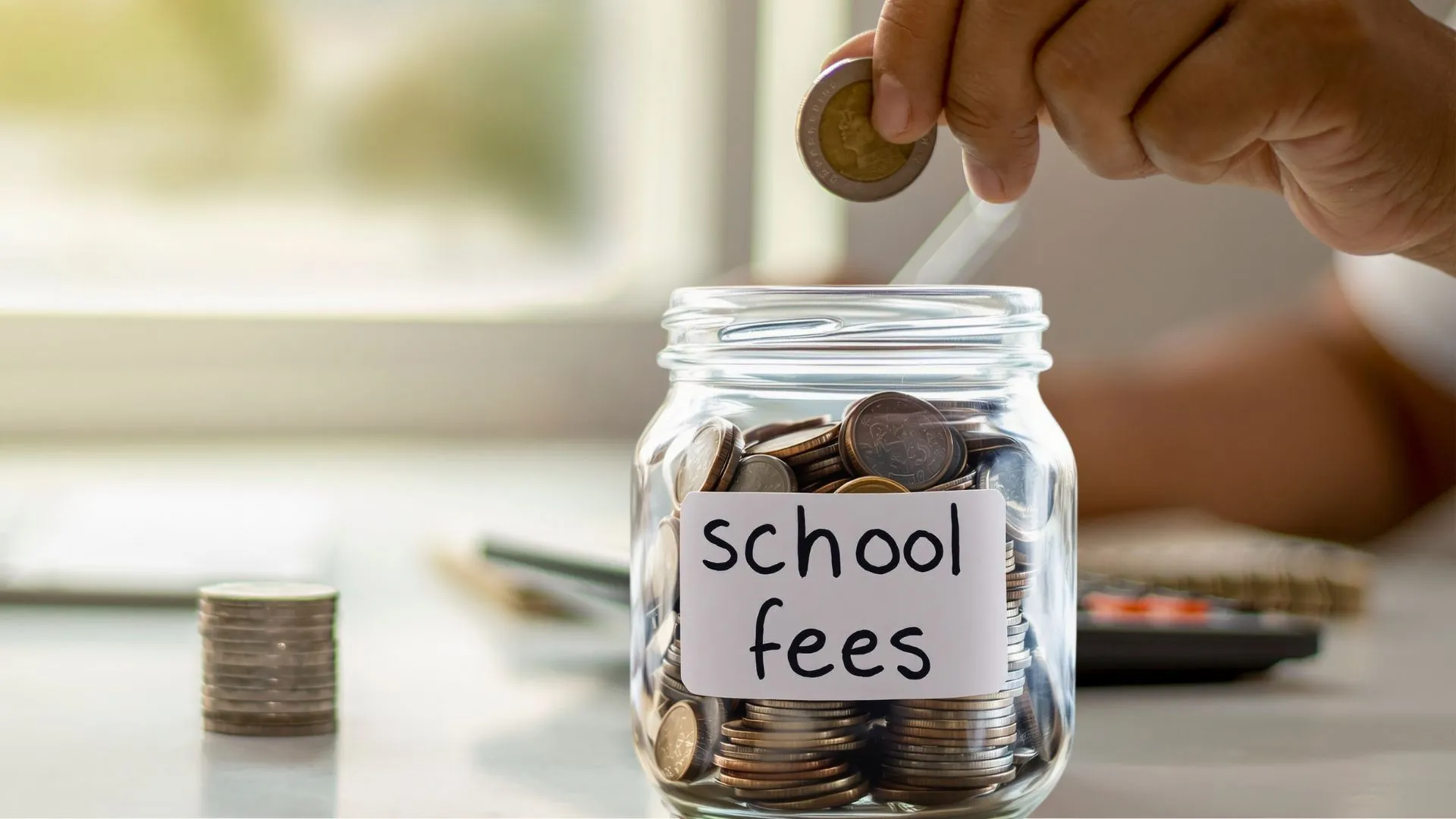School Fees Made Simple

School has started! And so have school fee payments… Paying school fees is important, as it ensures teachers have salaries and the school can offer your children well-run amenities. Here are some tips for paying school fees, and what to do if you can’t pay.
1. Avoid Late Payments
You must pay interest on outstanding school fees. To prevent this, ensure you pay all fees on time. To avoid non-payment status, it is better to pay at least 20% – 50% of what is owed than not to pay at all.
2. Plan Wisely
Make school fees part of your monthly budget so you always have money for payments. You can also discuss a payment plan with your school.
3. What If I Can't Pay?
If school fees are more than 10% of your total family income, parents qualify for full exemption. If fees are between 2.5% and 10% of your family income, you qualify for partial exemption.
If you don’t qualify for an exemption and still can’t pay, the school must assist you with a payment plan.
4. What Are My Rights If I Can't Pay?
Schools must assist you if you cannot pay. Public schools are not allowed to refuse admission or suspend pupils from classes, deny them access to activities, or refuse to issue school reports if parents don’t pay school fees.
Schools are allowed to ask you to collect reports in person. Schools can also legally force you to pay outstanding school fees if you don’t have an exemption.
5. How Do I Apply For A Fee Exemption
You must apply to the school’s Governing Body. They will use their fee policy to decide whether to grant your application, or possibly reduce your fees.
If your application is turned down, you can apply to the Head of the Provincial Education Department exemption.
6. These Are Illegal:
- Asking parents to pay a “school fee exemption” levy
- Telling parents they cannot apply for fee exemption
- Charging parents non-refundable textbook levies
- Withholding report cards if parents have not paid